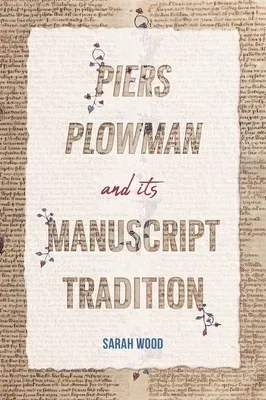The first full survey of crucial witnesses to the reception of Piers
Plowman.
The fifty-plus surviving manuscripts of William Langland's Piers Plowman
cast important light on the early public life of this central Middle
English work, but they have been relatively neglected by scholarship.
This first full study of the subject examines the textual variants,
marginal rubrics and companion texts in the manuscripts. It illuminates
a reception quite distinct from the reformist poems written by
Langland's imitators in "the Piers Plowman tradition". It reveals how
the earliest scribes devised various traditional forms of presentation
that proved remarkably durable in the poem's subsequent reception, even
surviving into the age of print. Exploring Piers Plowman's appearances
in the manuscripts, paired unexpectedly with such genres as romance,
hagiography and travel literature, the book demonstrates the
surprisingly affective responses of medieval readers to the represented
lives of the narrator Will and the title figure Piers the Plowman. At
the same time, it shows that the evidence for individual scribal agendas
in particular copies is more ambiguous than often assumed, with each
book reflecting the activities of an unknown number of hands and an
uncertain mixture of design and accident. By drawing on evidence from
textual scholarship as well as codicological and literary approaches,
the author offers fresh insight into Piers Plowman's place in literary
history and proposes new ways of understanding the late medieval
manuscript as a multi-layered, collaborative product.
Sarah Wood is Associate Professor of Medieval English Literature at the
University of Warwick

